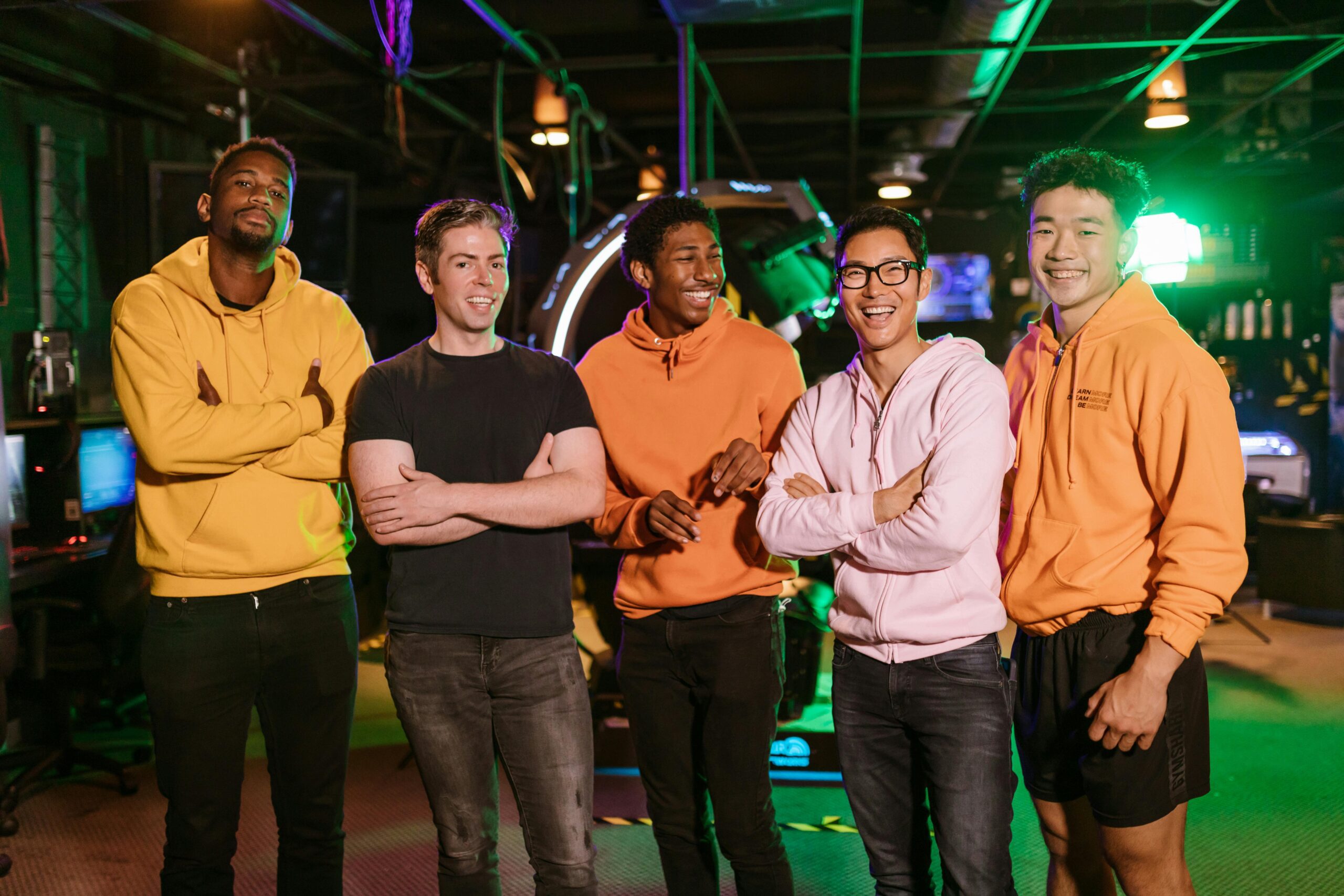By RahK Lash and DeManuel Edmondson
Let’s be real: too many of us are suffering in silence.
For years, men’s mental health has been the elephant in the room — big, loud, and impossible to ignore, yet somehow still pushed to the back of the conversation. And while we’ve made some progress, we’ve got a long way to go.
According to the Anxiety & Depression Association of America, over 6 million men in the U.S. experience depression each year, many without ever being diagnosed. Not because we’re fine, but because our culture teaches us that vulnerability is a sign of weakness. That showing emotion makes us “less of a man.” That silence is strength.
That’s not just outdated. It’s deadly.
The Quiet Collapse
We’ve been handed a blueprint that teaches boys how to be “tough,” but never how to be whole. From an early age, we’re taught to man up, shut up, and not cry. That pressure adds up. The isolation, the emotional disconnection, and the weight of performing masculinity on a loop chip away at our mental health.
The truth? Many of us are emotionally drowning behind closed doors, even while posting perfectly filtered lives online.
This isn’t just about mental illness. It’s about the quiet collapse that happens when we don’t feel safe enough to be real.
The breakdown of friendships.
The failed relationships.
The sleep we don’t get.
The anger we can’t explain.
The joy we no longer feel.
And it’s all connected to the same thing: silence.
The Man Box is an invisible, suffocating set of rules that tells men they must dominate, suppress, and perform to be seen as valuable. Coined by Tony Porter of A Call to Men, the Man Box is why so many of us are afraid to ask for help.
But real strength isn’t in pretending. It’s in unpacking. It’s in unlearning. It’s healing out loud.
That means having honest conversations, even when they’re awkward. It means challenging your homeboys when they’re deflecting instead of dealing. It means pushing back on generational patterns that taught us pain was something to carry, not confront.
Connection Is the Cure
We heal and grow in community and connection.
But too often, men are starved of meaningful relationships because we’ve been told that emotional intimacy is reserved for women. We need to begin to shift the narrative because that brunch with your boys, that deep heart-to-heart, that spontaneous trip just to reconnect? That’s medicine. That’s mental health.
And yes, economic barriers can play a role because everyone can’t afford to hit up happy hour or take a weekend getaway. But connection doesn’t have to cost a dime. A phone call. A walk around the block. Sitting still in someone’s presence. We just have to be intentional about choosing connection over isolation.
Building Your Mental Health Toolbox
You don’t need a PhD to take care of your mind — just a little honesty, consistency, and support. Here are some starting points:
- Go beyond “I’m good.”
Next time someone asks how you’re doing, tell the truth. Use a feelings wheel if you need to. Real talk, that thing will change your life. Instead of defaulting to “fine,” try: “Today I’m feeling ___, and here’s why.” - Tap into your support circle.
Make a list. Who’s in your corner? Who do you trust enough to be soft with? Name them. Reach out. Ask for support, offer support. Let it be mutual. Let it be real. - Don’t be afraid to seek professional help.
Therapists exist for a reason, and no, it doesn’t make you “crazy.” If one doesn’t feel right, try another. Finding the right fit takes time. And if therapy feels like too big a step right now, start by journaling. Get the thoughts out of your head and onto the page. No one has to see it. - Take care of your body like it’s connected to your mind, because it is.
Eat like you love yourself. Move like you want to live longer. Sleep like your peace depends on it. - Practice mindfulness on your own terms.
Meditation doesn’t have to look like a yoga retreat. Maybe it’s a walk without your phone. Maybe it’s five minutes of deep breathing in your car. Maybe it’s prayer. Start where you are. - Have the important conversations in your “third space.” Our most trusted spaces, the barbershop, the gym, the church, and the basketball court, already have the men. Now let’s bring the conversation. Mental health check-ins, group chats IRL, healing circles with brothas who get it. We don’t need to build new tables; we just need to shift the dialogue to the ones we already sit at.
This isn’t just a mental health conversation. It’s a freedom conversation. Because when men permit themselves to be vulnerable, connect, feel, and heal, we all win. Our relationships improve. Our communities grow stronger. Our children learn a new way to be. We weren’t born to live in isolation. We weren’t built to wear emotional armor 24/7.
It’s time to rewrite the script.
So no matter where you are on your journey — whether you’re thriving, surviving, or barely hanging on — know that you’re not alone.
And you don’t have to carry it all by yourself anymore.
